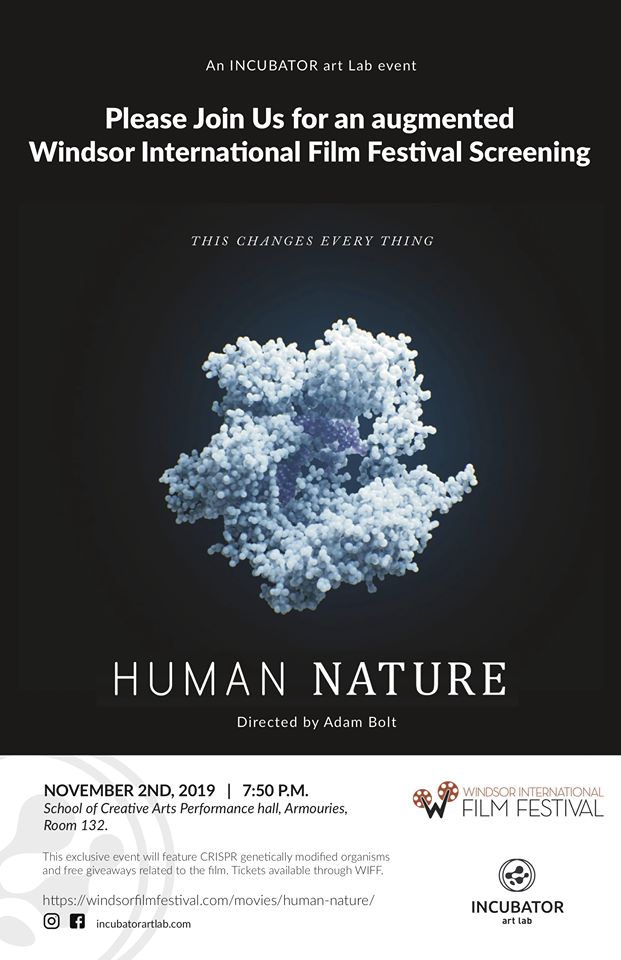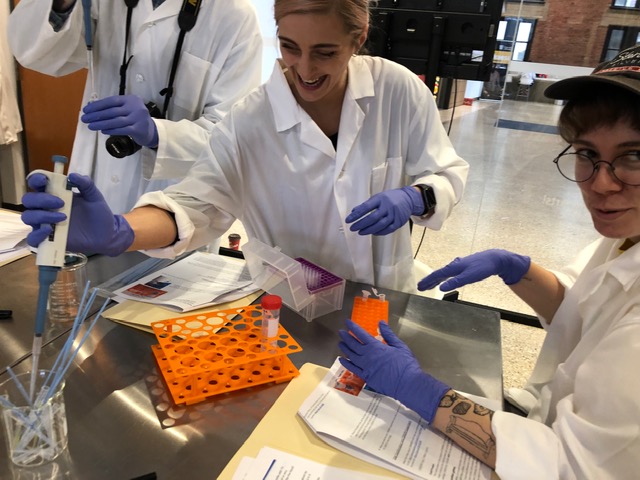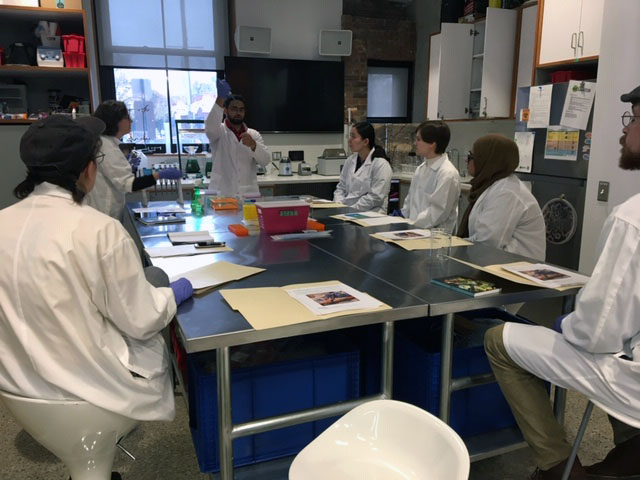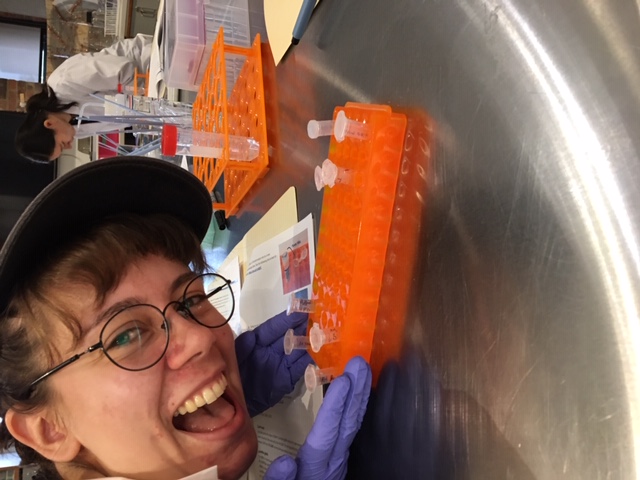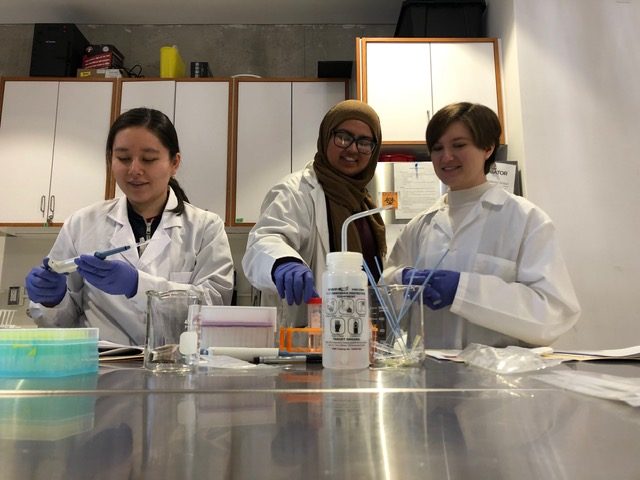INCUBATOR Art Lab Augmented WIFF Screening CRISPR WORKSHOP of the film Human Nature, directed by Adam Bolt
Author: Phil Habashy, Bioart Technician.
During the week of the 28th of October, the INCUBATOR Lab team hosted an interactive CRISPR workshop as part of the WIFF (Windsor International Film Festival) event this year. What is CRISPR you might ask? My response is that it is a world-wide emerging scientific tool that provides an opportunity to modify/alter specific genes of any organism. How is that even possible? Simple, the CRISPR-Cas9 tool is a natural defense mechanism that was discovered in bacteria in 2012. Bacteria use CRISPR to breakdown foreign viral DNA into snippets and store them as templates. When a future viral attack happens again, they instantly recognize the DNA using the stored templates and as a result, assign an enzyme (Cas9) to break it down.
What I found interesting about the workshop was not only that we were learning about such a naturally advanced tool in the lab, but were also able to provide a hands-on experience for people coming from different backgrounds. We discussed the critical components involved with the tool and how it can be implemented in today’s studies and research of gene modifications and gene therapies. Hosting such a dynamic group in the workshop triggered stimulating questions in our discussions ranging from technical approaches to ethical concerns. Why are we using this technology? Is it acceptable to alter genes based on one’s preferences? Can communities accept a technological advancement like CRISPR to help “cure” untreatable diseases? The best part was that there was never a definitive answer because of the different points of views the participants shared. However, the conclusion to our workshop was to open our eyes and perspectives to all the positive and negative possibilities this powerful tool brings to the table.
Windsor International Film Festival Screening of Human Nature directed by, Adam Bolt, website.
https://windsorfilmfestival.com/movies/human-nature/
Image Credits:
01-03
INCUBATOR Art Lab Team
SoCA
from the University of Windsor
